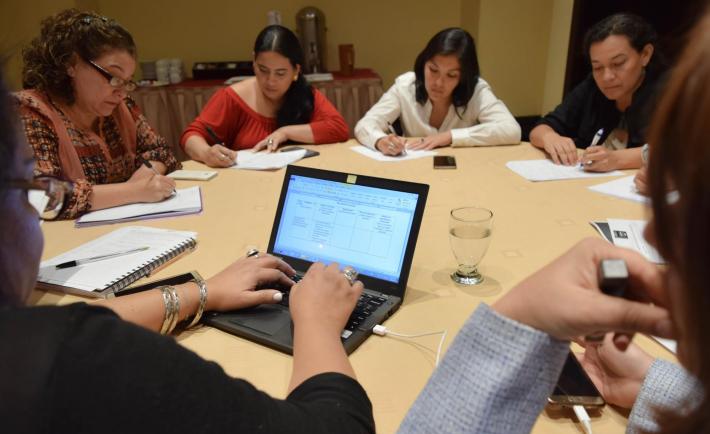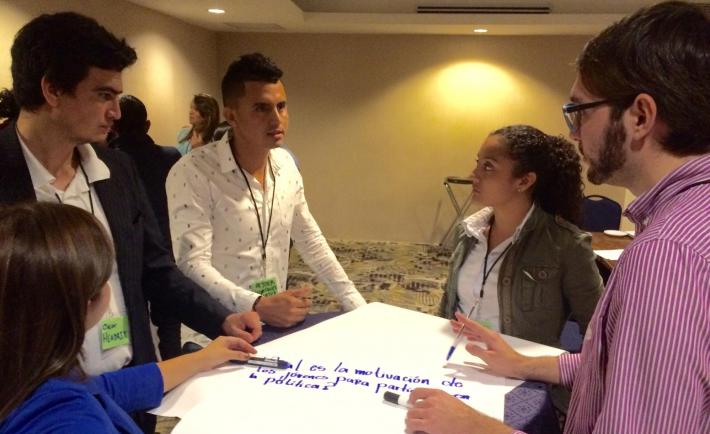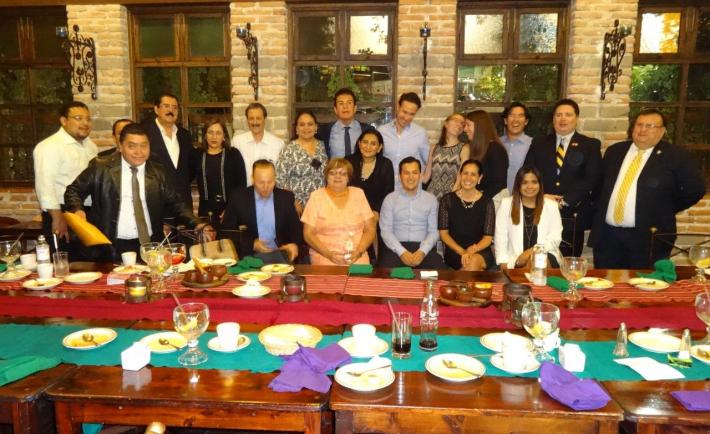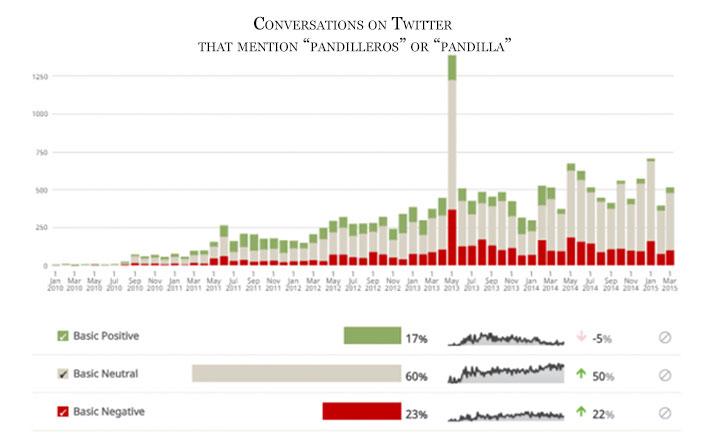
Political party members participate in a focus group to inform the assessment on violence against women in political parties in Honduras.
For NDI and its Honduran local partners, addressing violence against women in politics is critical to promoting strong and inclusive democratic societies. Violence against women in politics is a barrier to their active participation in democratic spaces and limits their ability to lead and be heard by their communities. It is important to place this issue on the political agenda and advocate for legislation to prevent, respond to, sanction and eradicate all forms of violence against women. In an effort to document violence against politically-active women in Honduras, NDI supported the creation of the Women’s Political Violence Observatory during the 2017 electoral process. The Observatory documented and followed 14 cases of violence against female candidates in San Pedro Sula, including Councillor Fátima Mena Baide, throughout the pre-electoral period.




